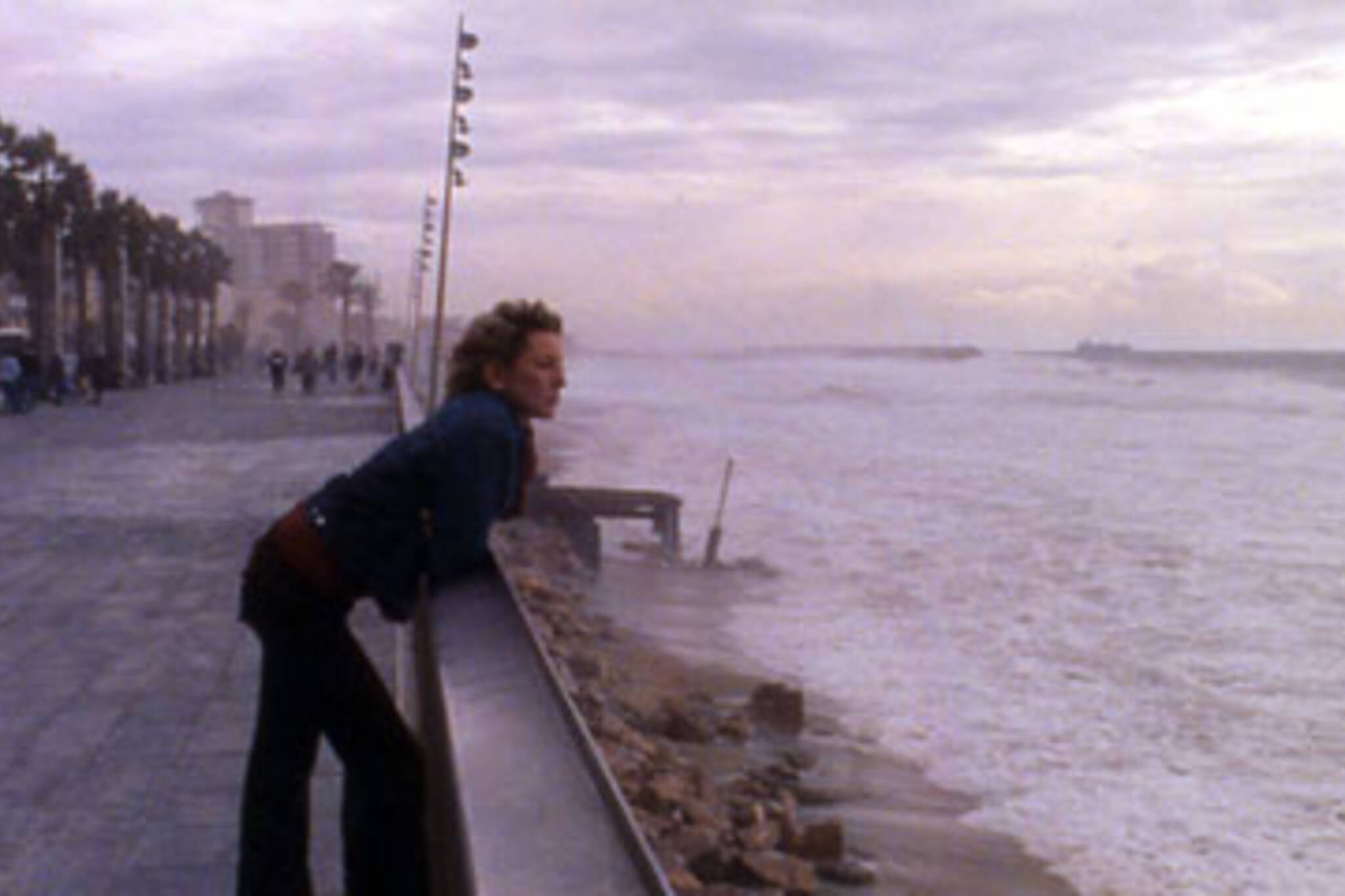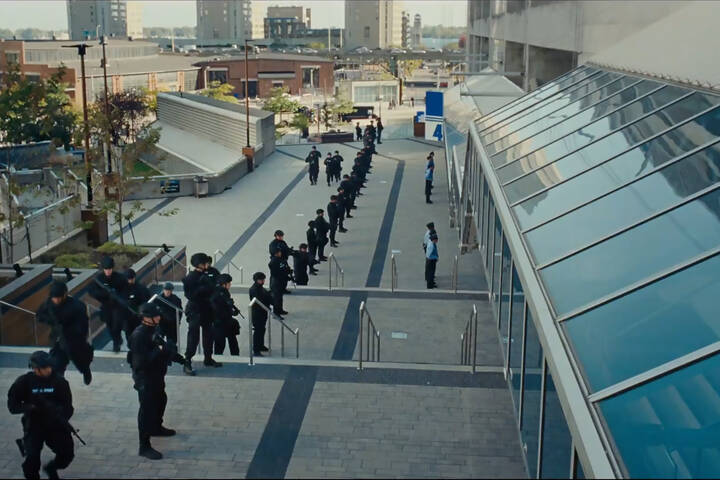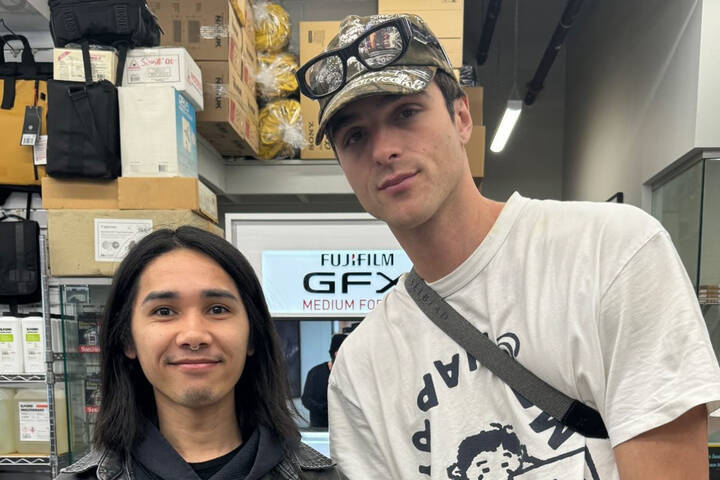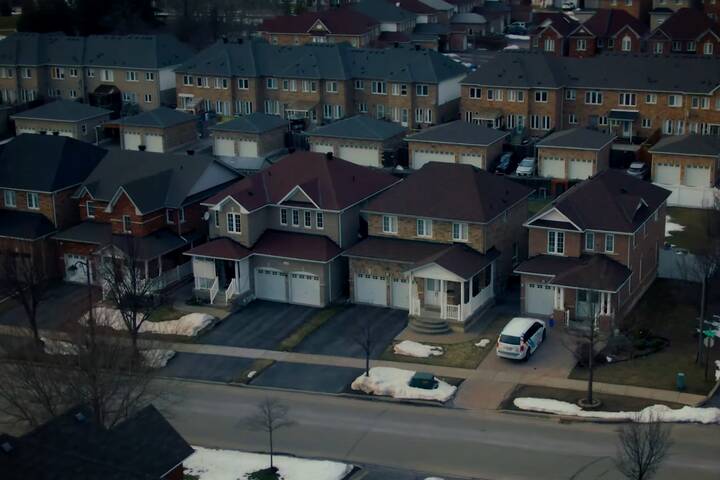
Inside Out: Sévigné
Last night I'd planned to see the Dogme95 film Gypo - alas, the media pass is no good for Galas.
Slightly relieved, since I didn't really feel like being depressed, I opted for a later screening of Sévigné.
So I killed some time shopping, had some dinner at Kensington Bakery.

The tofu wasn't the best, but the snap peas were delicious. Bought some terrible coffee from 7-11, and made my way to the ROM.
The music played before the screening was some crap Michael Bublé, who I do not like and wondered why we weren't listening to something a little less mainstream.
The short film Cosa Bella played first - a really nicely shot, high production value (read expensive) film with a somewhat baffling script. It's meant to be one of those 'aha' endings, but all the action and dialogue preceding the 'reveal' doesn't contain enough information. It's a shame, because it could have been a cute story - not much depth to it - old 'roommates' hook up, emotional conflict, resolution, skinny hot chicks are happy, the end.
Anyway, I'd much rather talk about Sévigné - because it was excellent. Filmmaker Marta Balletbò-Coll is reputed to be the Lesbian Woody Allen of Spain. By which people mean she's funny, speaks and writes frankly about sex and sexual relationships, and is intelligent.
The film opens with Gerardo Varcárcel (José María Pou) addressing the audience - in a kind of Rime of the Ancient Mariner sort of way - explaining how everything that ensues is, really, his fault.
What ensues is that his wife, Júlia Berkowitz (the excellent Anna Azcona), a theatre actor-turned-director (after the death of her daughter), receives a daring play written by Marina Ferrer-Amat (Balletbò-Coll), who works in TV directing cooking shows (of which she is clearly bored).
The play is based on the relationship between Madame de Sévigné and her daughter - the marquise exchanged intense love letters with her daughter who had left home upon marrying.
The subject matter of the play (which we never see, only hear discussed) - the bounds of the mother/daughter relationship, filial love, romantic love, intruding social mores and expectations and categorizations are all manifest in the complicated relationships that develop as the film progresses.

Júlia and Marina meet, and though the latter is attracted to the former, it remains subdued and a subtext as they work manically on the play to appease the complaints of the producer. Complaints made because Júlia's husband Gerardo (a theatre critic), has snuck around, garnered a copy of the script, and decides to interfere to 'protect' her.
Thanks to Gerardo's machinations, both Júlia and Marina have to make serious compromises for the sake of the play - at one point deciding to give it up. The obstacles Gerardo creates leads the women to realize the extent of their feelings towards each other - though Júlia does not act upon it until Gerardo essentially instructs her to.
Gerardo's influence over everyone is frankly maddening, though he claims to do as he does because he loves Júlia so madly, it does seem like he has some sort of complex. And it's frustrating to see Júlia allow herself to be manipulated so easily.
The film isn't about any one thing, delightfully so - the variety and depth of relationships portrayed, and the subtle ways in which they're acted are quite beautiful.
I wish this had been shot on film instead of video - though the quality of the images wasn't distracting, the locations would have been ten times more vivid on film, which in turn would have nicely underscored the subtlety of the unfolding drama. Though interesting things were tried with time-elapse and still images, the video just didn't do justice to the strength of the piece.
If we're lucky, Sévigné will return to TO with a wider release - we need more films with this kind of humour and depth. If not, see if you can get your hands on a rental or buy the DVD, it's a story worth seeing.
Latest Videos
Latest Videos
Join the conversation Load comments







